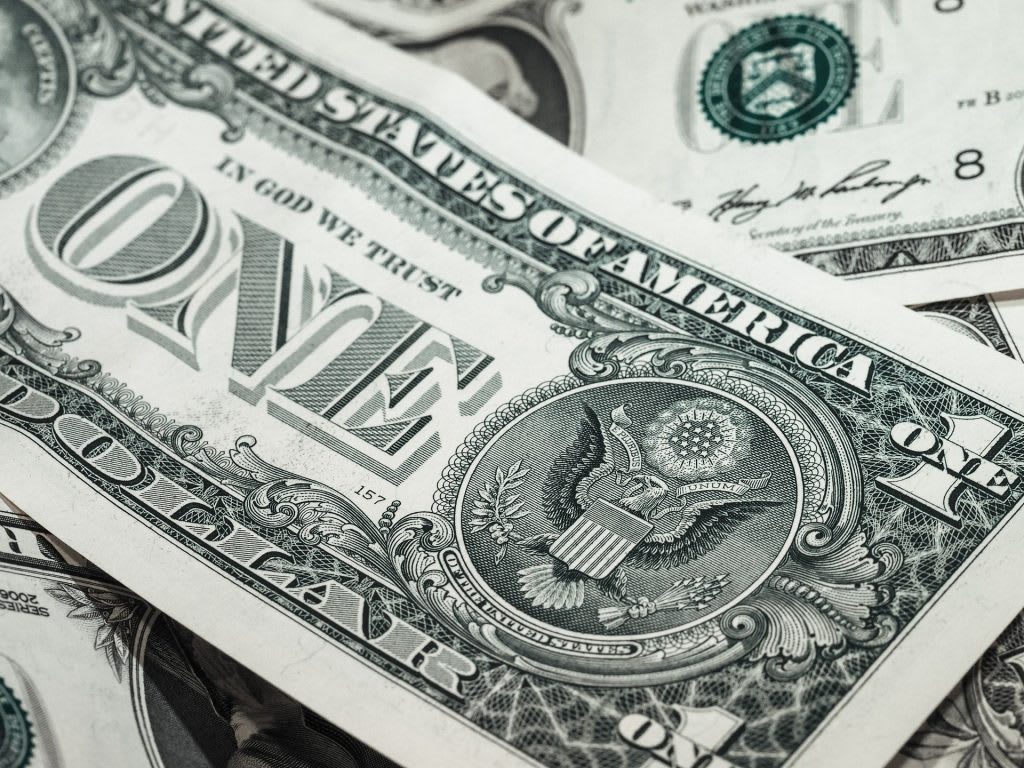Fighter pay in the UFC is a constant point of contention, with fighters feeling severely underpaid by the UFC. We take a closer look at the situation.
How much are UFC fighters paid?
According to the MMAGuru, the average pay for UFC fighter in 2020 is $155,000. This is averaged across all fighters, so the likes of Conor McGregor skew this significantly.
Media members and fighters are most concerned about fighter pay in the lower ranks. A prelim fighter in the UFC could take home as little as $15,000. Expenses for a training camp likely match or exceed this amount. Living on UFC fight earnings is impossible unless fighters build leverage or popularity to demand better deals.
Some fighters choose to bet on themselves to boost their earnings, but this is risky business. Justin Jaynes recently bet his entire fight purse on himself to win, and lost.
How much does Greg Hardy get paid in the UFC?
Greg Hardy is a crossover athlete who came from a stint in the NFL, which earned him just shy of $19 million. His UFC contract has earned him far less – when he fought and defeated Yorgan De Castro in 2019, he took home around $185,000 ($90,000 to show, $90,000 to win + sponsorship). On that basis, even if Hardy won 4 fights in a year, his earnings will still fall short of $1 million.
The UFC uses its pay per view (PPV) model to pay its big stars more. As the UFC is a private company, details regarding profit made at PPV events is not disclosed. This leaves a lot of guessing when it comes to total fighter pay.
How much did Brock Lesnar get paid as a UFC fighter?
Brock Lesnar is another crossover athlete who came into the UFC from WWE. When he faced Mark Hunt at UFC 200, he was making an unexpected return at a marquee PPV. Lesnar was paid $2.5 million by the UFC, win or lose. His earnings were also likely to have been supplemented with a percentage of the pay per view sales.
How are UFC fighters paid?
The majority of fighters are on fixed-term contracts that award “show money” (guaranteed) and “win bonus” (not guaranteed). Less often, a fighter may have negotiated a 100% guaranteed fight purse, win or lose.
Pay per view points
Champions are given a share of the PPV revenue for the events they compete on. This incentive aligns well given that the UFC wants its fighters to promote PPV sales, and it brings legitimacy to holding a championship belt.
Losing the belt affects fighter pay massively, as the losing fighter will not earn their PPV cut in their next outing.
Big-name stars like Conor McGregor and Ronda Rousey have special deals with the UFC and will likely always get PPV points when they fight.
Renewing UFC contracts
When their contracts are due for renewal, fighters have to negotiate a new contract with the UFC. If the fighter has had a mediocre run, they have less leverage to demand higher pay. On the other hand, fighters that are on a hot winning streak probably have greater success. Negotiation and management teams play a large part of this puzzle.
The UFC often proactively awards surging fighters with new contracts on better terms far before their existing contracts expire. This is to lock them in with the organization as well as reward them for their career progress.
Occasionally, fighters do ‘fight out’ their contracts which allows them to take offers from other organizations like Bellator or ONE championship. Overall the UFC is known for paying a small percentage of its overall revenue to the fighters, and many fighters look outside of the UFC as a result.
Performance bonuses
The UFC usually, but not always, awards discretionary bonuses at each event. Fighters can earn between $50,000-$75,000 in this fashion. The UFC awards one or more individual fighters the “Performance of the night” bonus. This is usually given to fighters who finish their opponents in style.
One “Fight of the Night” is also selected, with both the fighters taking home the bonus pay. Fight of the night usually goes to fights that are more competitive, with action back and forth.
Many media members believe the UFC is biased in its awarding of bonuses to main card fighters. A $50,000 bonus for a prelim fighter on a $15,000 contract quadruples his earnings.
Earning money outside of the cage
For a lot of business-savvy fighters, earning money outside of the cage is far more lucrative. Conor McGregor, who Forbes lists as the world’s highest-paid athlete, makes the vast majority of his earnings from business dealings.
Brendan Schaub is another notable fighter who made more money outside the cage than in it. A mediocre but popular UFC heavyweight, he was able to earn more in sponsorships than in fight purse. After retiring, he has built a number of profitable podcasts and started a comedy career.
Ring girls, commentators and hosts
Ring girls make $1,000 per event, which can rise to $5,000 for pay-per-view events. That gives them a range in annual earnings of between $20,000 and $50,000.
Not everyone thinks this is fair, when compared against fighter pay. The subject of ring girls pay in combat sports makes Khabib Nurmagomedov’s blood boil. The retired ex-UFC lightweight champion calls them “the most useless people in martial arts.”

